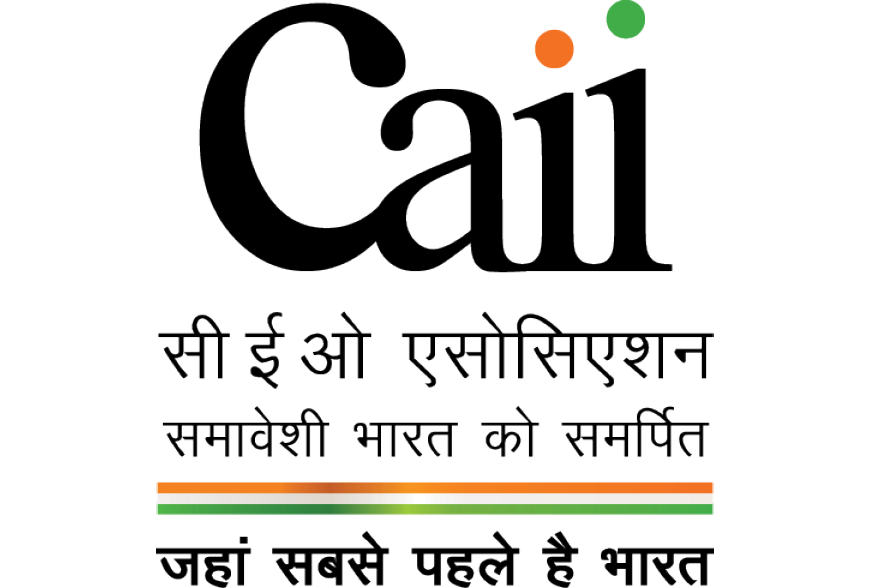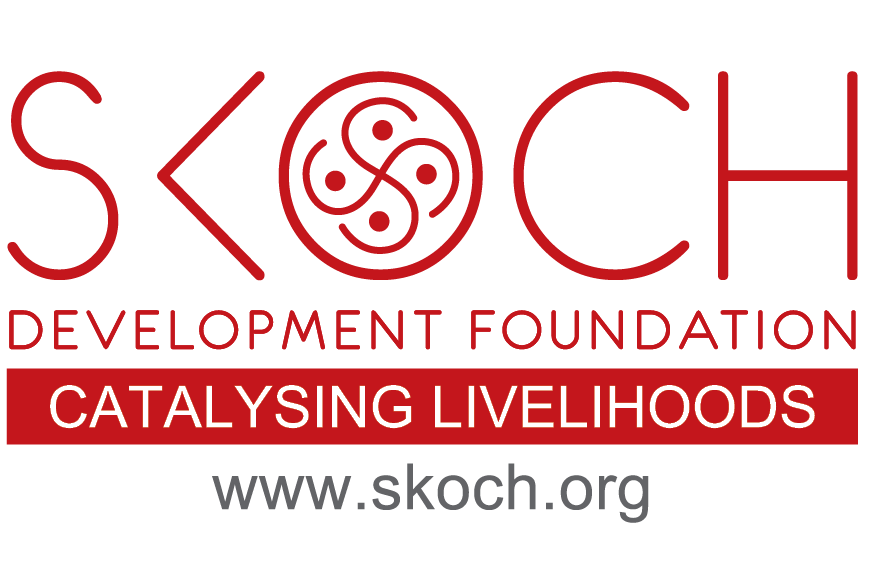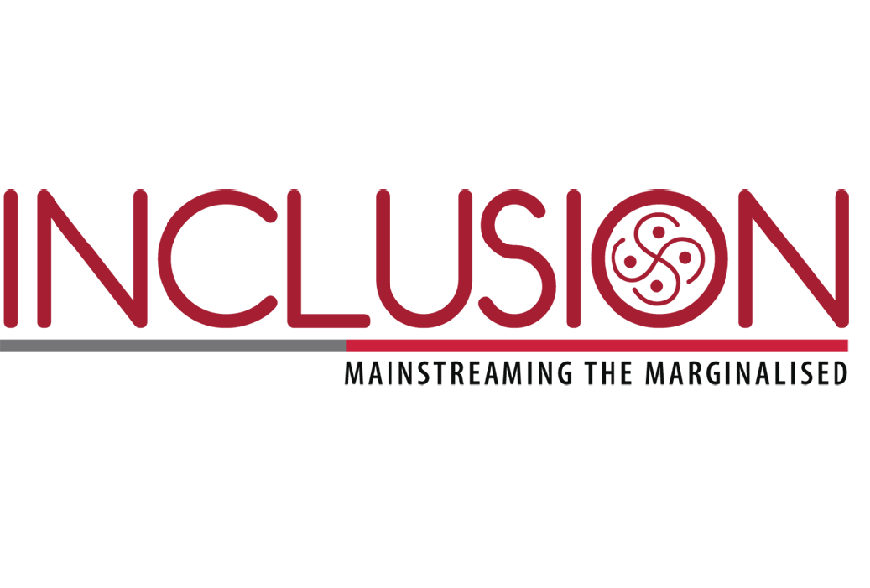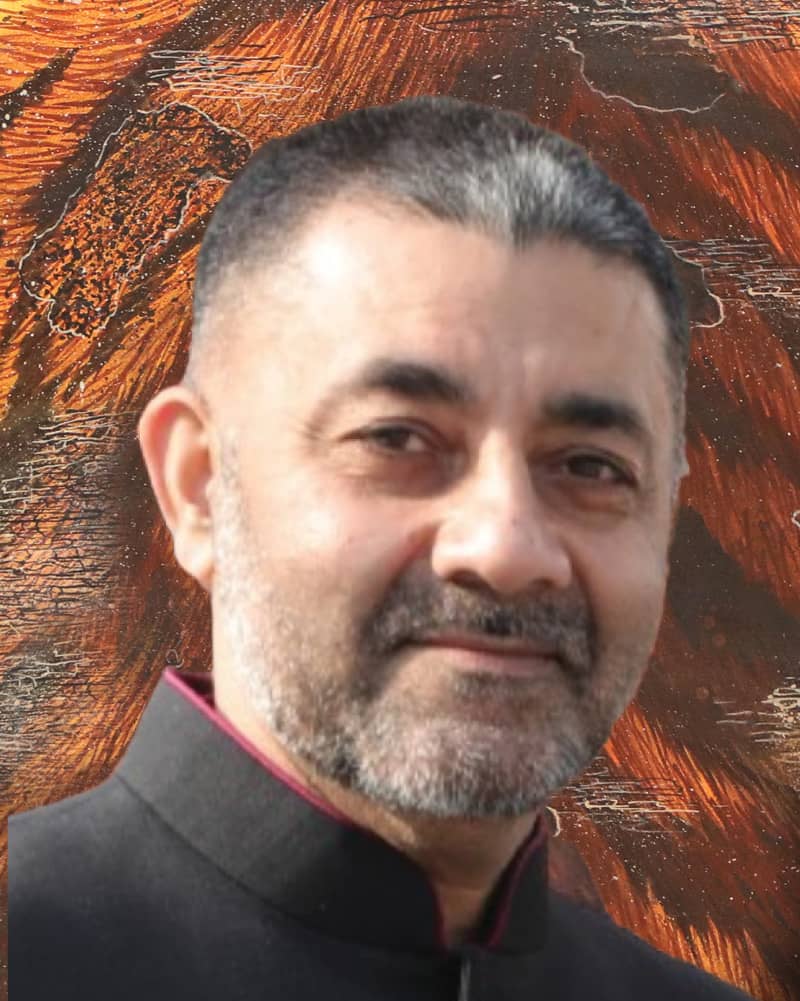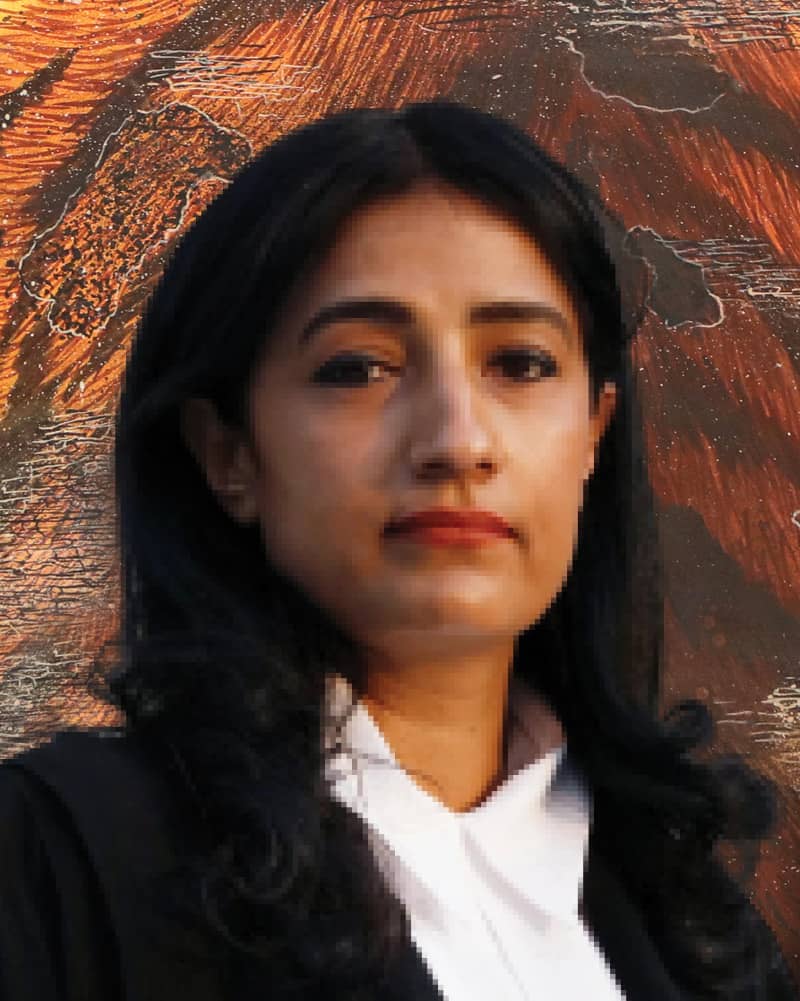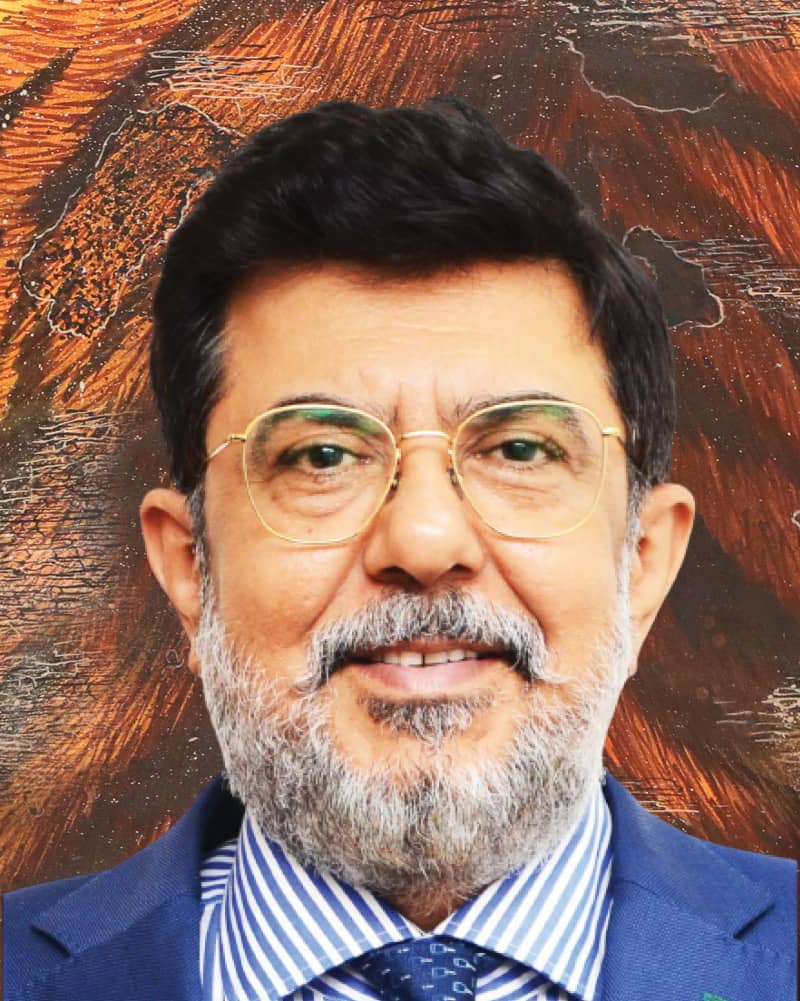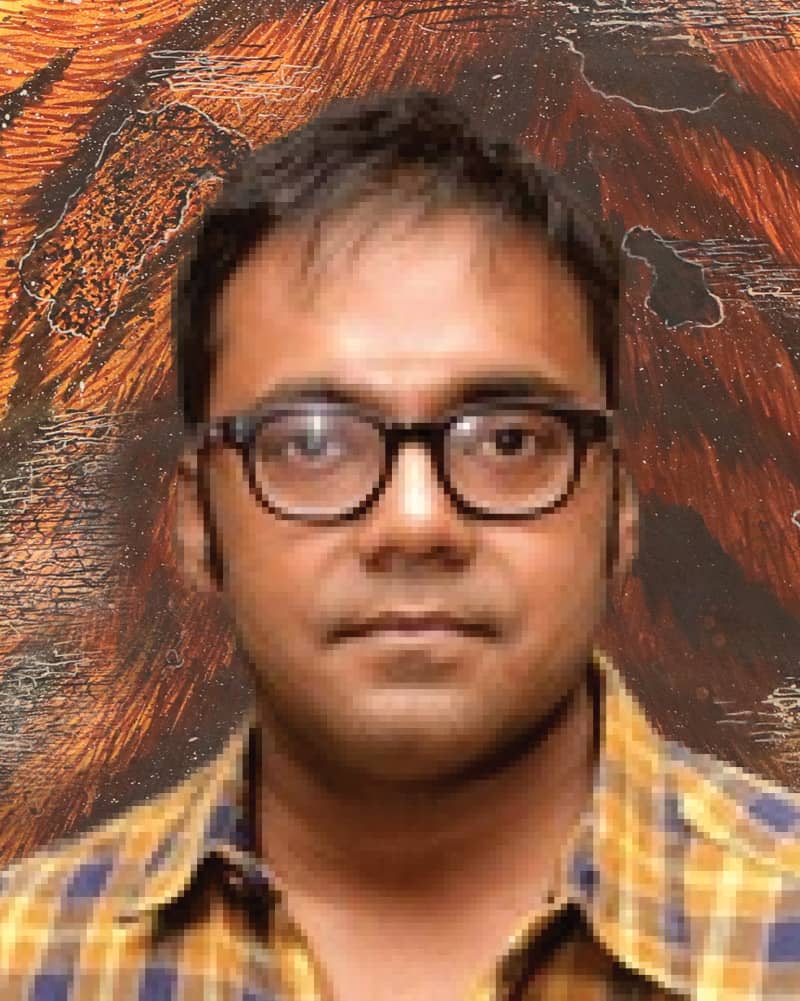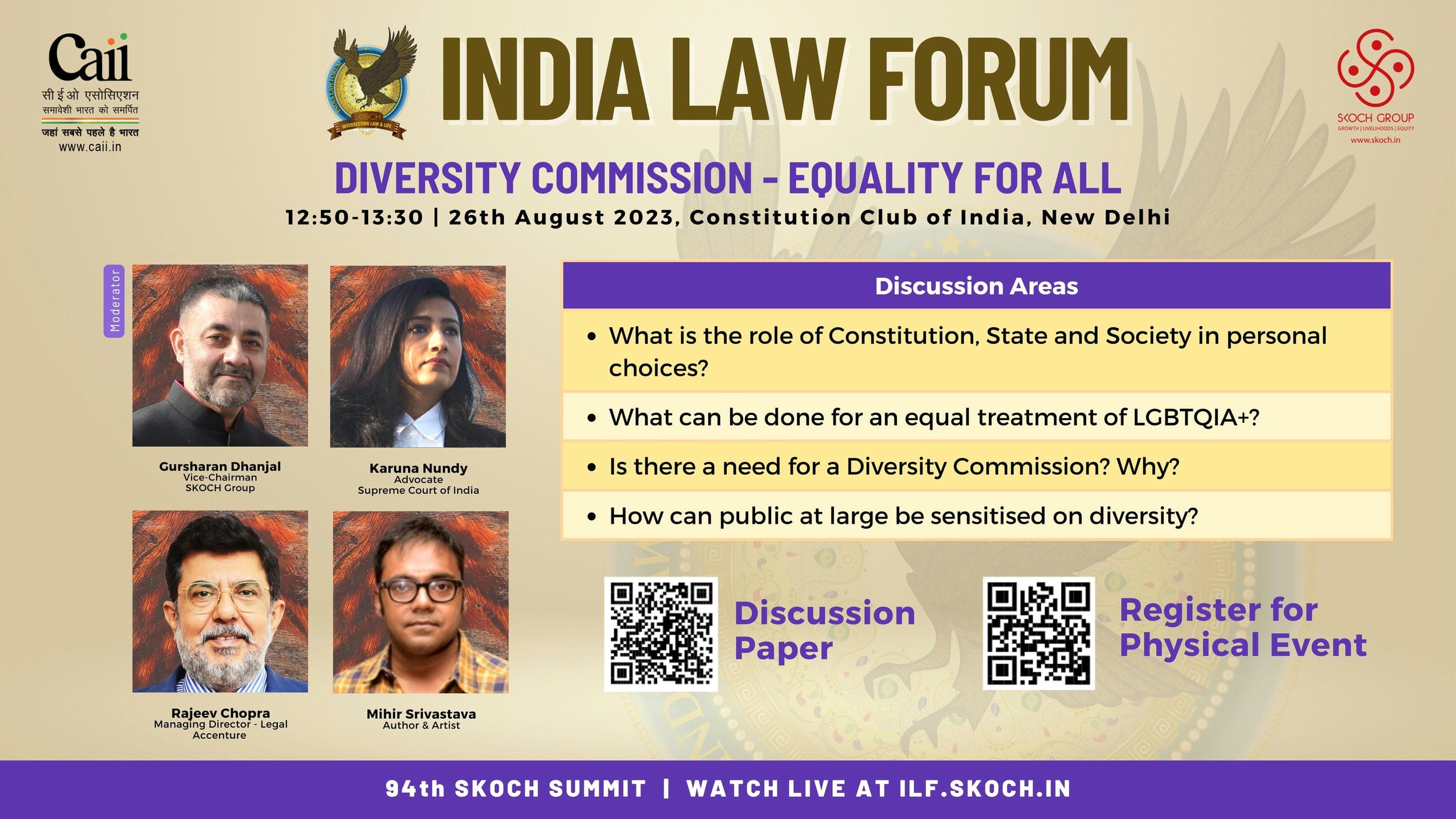
| 12:50 - 12:53 | Shakti |
| 12:53 - 13:30 | Rights: Diversity Commission - Equality for all |
| 13:30 - 13:31 | |
| 13:31 - 14:00 |
Discussion Paper
IN SUPPORT OF THE ‘DIVERSITY COMMISSION’ TO FOSTER ‘UNITY IN DIVERSITY’ IN THE MODERN TECH-DRIVEN WORLD
India is a nation of several sub-nationalities. It cannot be compared to another country but a continent. Europe is an excellent parallel to India's nationhood. Twice as many people live in India as in Europe, with as many languages, topographical diversity, tribes, ethnicities, and faith.
In addition, India has a rich cultural and philosophical heritage and has always encouraged diversity in all its manifestations. To define an individual or phenomenon is to limit it, and confine its potential. We can be more than one thing at the same time according to ancient Indian ethos and philosophy: 'Advaita' or the non-dualis-where we are an individual and a microcos-a mini cosmos. Paradoxical as it may seem, but is the basis of advanced scientific work in quantum physics.
Further, since time immemorial, people worldwide have come and made India home. The 'Bharatvarsha' has the incredible capacity to absorb people from varied backgrounds and cultures without losing its own integral 'way of life'. Diversity enriches culture, and India is the best example of syncretic ways of life for ages.
To celebrate this ancient spirit, the framers of the Constitution of India, one of the most significant liberal documents to have been produced collectively, call for ';unity in diversity'. Achieving this ideal needs uniformity in diversity. And for that to happen, both the paradoxical aspects need to be celebrated: the essential nationhood that binds us together as one people of a nation and simultaneously, celebrating our diversity in all its manifestations.
That is possible only if each one of us feels secure in our complex identities and chosen way of life and at the same time, are tolerant towards the choices, practices and identities of others. We should be free to lead the life of our selection as long as our freedom doesn't impinge on others' freedom and is under the rule of law and humanistic ideals.
In other words, Indians will feel secure in their national identity only if he or she, they feel secure in their religious, linguistic, regional, ethnic, gender, and sexual identities. No identity is in contravention of the other and is essential to composite nationhood.
In the modern context, 'technology has changed how we live and 'will radically change how future generations will lead their lives. 'The notional world has become real. And reality seems distant, thanks to technology and the cognitive revolution.
'The future belongs to the people of the nation who ride the cognitive wave where the nation's boundaries and the constraints of normative identities will get blurred.
This may seem radically new and revolutionary, but the Indian ethos has been celebrating "Vasudhaiva Kutumbakam" for centuries, is a Sanskrit phrase in the Upanishad, which means "The world is one family".
The cultural and religious ethos and way of life that has become the cause of strife may be just an extension of Victorian Morality that we imbibed as our own in the last few centuries of colonial rule.
Kinnars 'are considered demigods and participated in the recent Kumbh Mela at Prayag Raj, a practice that was stopped during British India. This is to make the point that identity-based limiting beliefs were never part of the rich Indian culture before the advent of the Sultanate period. India was liberal and tolerant and spiritual and assimilating and rich and diverse. It was not in our culture to get militant about identity, umbrageous, reactive and violent.
TECHNOLOTY INTEGRATION AND AFFIRMATION OF SELF
Technology will affect how we live, and society will have to be more accommodative as the fringe will become mainstream. Or the mainstream will be formed by many subcultures. The fabric of humanity will be refined in light of the total revolution in how technology will seep into our life. The change will be a mixed bag, good and evil in certain respects, and at this point, is a matter of conjecture, though there is much research going on in this regard. AI is one technology that is seen as a boom and a threat to human existence as we know it. However, it has made the cognitive revolution possible by way of machines.
Technology has become fundamental to the mass culture, offers new ways and platforms to perform traditional tasks, identity expression and negotiation, politics and activism, and is being absorbed in varied ways by social groups across the globe. Parties can win and lose elections via social networking sites, as it has become a potent tool to set public agenda and garner support for issues. It's beyond conjecture for many Americans who are reasonably certain that the Russian government interfered in the 2016 US presidential election to boost the candidacy of Donald Trump at the cost of Hillary Clinton; this in turn has caused a political and social division in the US.
Further, technology is the vehicle of social activism, whether it's about feminism, workplace dynamics, eating habits, attire, sexuality, same-sex marriage, and the list goes on and on.
The dynamic play of technology and how it creates communities with a specific identity base and these communities come together, one fuels the other, and cooperate to create a more significant mass movement by engaging technology that supports diversity in pursuit of life. A good example is the coming together of diverse people under the banner of LGBTQIA+ stands for lesbian, gay, bisexual, transgender, queer, questioning, intersex, asexual, and the + holds space for the expanding and new understanding of different parts of the very diverse gender and sexual identities.
It has to be said, technology, by way of devices, the personal window to the world, not just connects us but also shapes us in multifarious ways, and has given much-needed affirmation to the self. The converse is also true to some extent; the materialistic and individualistic culture integral to modernity has, in turn, promoted the use of technology.
THE GENERATION NEXT
The youth is growing with technology is a different scenario and revolutionary as well. Gender neutrality campaign amongst teenagers is gaining strength across continents; India is no exception. The generation following supports in a big way 'nonbinary' movements, gender-neutral pronouns (change pronouns go from the binary he/him or she/her to something more expansive such as they/them. Others opt for different versions of these traditional words -; pronouns such as ey/em, ze/zir, xe/xir and more.) are popular amongst young adults. 'The New York Times 'did a story titled 'Beyond Androgyny: Nonbinary Teenage Fashion. Clothes make the person. Maybe now parents understand. '"Articles and psychological reports called for the media to stop oversexualising and hyperfeminising young girls. It was time for girls to go back to being tomboys, many adults felt. But was "tomeboy" even the right word anymore? The word "nonbinary" 'became something people asked the internet about around 2014, making a steady upward climb to the present day. Gender identity has become an international conversation, especially among teenagers," the article explains in detail. Teens are open to various concepts and ready to challenge the normative setup. (The) Internet is their window to the world."
THE IDEA OF A DIVERSITY COMMISSION
The Indian constitution is one of the most progressive collective documents to have been made in the last century. Its flexibility helps to keep a country as diverse as India into one strong nation.
Technology has changed us and has hastened the pace of change like never before. At one end, it is connecting us and reducing the world into 'a village', at the same time encouraging people to embrace their quintessential self, encouraging people to be diverse, and connecting people who have similar belief systems, identity traits, world view, sexual inclinations and forming a global community. Technology is the game changer.
CALLING FOR A DIVERSITY COMMISSION IN AFFAIRMATION OF SELF
In this increasingly diversified yet connected world, it is imperative that an institution provide the framework and also oversees that people work productively in a diverse yet inclusive environment. In the process, help people meet their full potential irrespective of how they identify with the world.
Various identify traits are ability/disability, age, appearance, ethnicity, gender and gender identity, race/colour, geographic location, political beliefs, pregnancy/parental status, religion/value system, sexual orientation, transgender, socioeconomic background/social class.'
In this space, diversity is celebrated and is not the basis of discrimination so that a community of people who are otherwise discriminated against is integrated into the mainstream to live, learn, work together and grow and create an integrated national workforce that will to the growth of the nation in a way that's true to the aspirations of people.'
Therefore, the Diversity Commission will promote, support, and advocate an open, supportive, and responsive workplace environment by making people understand how conscious and unconscious bias can impede people from leading fulfilling lives.'
WHY ONE MORE COMMISSION
India has formed many commissions to promote, support, advocate and integrate women, minorities, scheduled castes and tribes into the mainstream as equal partners. India has plenty of national commissions, eight such quasi-autonomous bodies, as watchdogs of human rights and civil liberties. It started in 1978 by the Morarji Desai government when the central Minorities Commission was set up followed by a joint Scheduled Castes and Scheduled Tribes Commission; five months later, these bodies were slated to be given constitutional status.
More commissions were set up that have been criticised for being ineffective-as white elephants. And that there's duplicity, for instance, given the large number of complaints being received by the Human Rights Commission relating to women, including allegations of sexual harassment of women at the workplace, instances of rape, outraging of the modesty of women, and abuse of the girl child, the Commission has set up a Women's Human Rights Cell within the Commission's Law Division.
The logic given for the creation of the Women Commission, as such identity-specific commissions, was that each of the commissions would 'focus on their area of work, examine and investigate matters, and present a report at least annually to central government on the working of various safeguards. Further review safeguards in the constitution and laws to suggest legislative remedies to meet any lacunas, inadequacies, or shortcomings and take up cases of violation with appropriate authorities.
The needs of each group are quintessentially different, and therefore, there's a need for expertise. Also, identity specific commission ensures representation of the community itself in the commission, so that they are sensitive to the plight of people of their identity. Not just that, the commission's members are required to be actively involved in the same 'identity sector' as an activist, or in the field of education, health, economic development or part of a voluntary organisation.
In the Indian context, a constitutional autonomous body, 'The Diversity Commission' cannot be overemphasised. 'It will protect, harness and encourage diversity of opinion, identity, way of life, and healthy dialogue so that this country's people feel comfortable in how they identify with themselves and how they want to operate in society. There is a need for a commission that, with a focused approach, also has the expertise and the experience to understand, to deal with all the contradictions of identity and assimilate it with the mainstream constructively.
Also, the technological revolution has profoundly impacted how individuals perceive themselves in a social context. The commission will provide means and support for people who feel different, isolated, marginalised, discriminated against, and face social stigma because of how they identify themselves, look, perceive or pan out in society to assert their point of view, their individuality.
If not dealt with in a focused approach, identity diversity can also be disruptive unless given a more significant space to ventilate their views within the superstructure of the constitution, the rule of law and the parameters of humanistic existence.
Times are changing, and technology has deepened the change and enhanced the pace of the change. Therefore there is a need for a body to reconcile these changes and bring 'diverse people' into the mainstream.
All changes are not bad; culture is not a static construct but constantly evolving in light of the new development. And we in India have to adopt some changes to keep pace with the dynamic world and not make people feel disadvantaged in their home country, for a feeling like this will only fuel brain drain by luring talented and potential people to shift to the West to live a life of their choice.
Also, we have an advantage. India is an ancient country of young people, and from times immemorial, we assimilated varied and various influences and grew rich and diverse in our way of life.
The Diversity Commission will address key issues pertaining to:
- Issues arise when people don't understand the true motive and intentions and have a very biased way of looking at things, behaviour, and identity to suit their closely held belief system. The commission will explain the larger picture, create a conducive framework for amicable coexistence in diversity
- The commission will represent diverse groups and encourage people to be informed, understand before they judge and react.
- Diversity manifests in various aspects of life like food, colour of skin, features, gender, sexuality, attire, body image, customs, friendship and not family as a basis of cohabitation, right to privacy, etc. All these diverse points of diversity should be understood and contextualised in the changing times to encourage tolerance and space to work together despite disparities and distinctions.
- Better understanding of technology and how it connects the world and simultaneously encourages diversity and, therefore, the need for an environment that gives space to all points of view and individualistic outlook to life.
- Encourage political reforms to create a conducive atmosphere for debates. It starts with parliament and state legislature and finally to the third tier of democracy. Also, in various forums where a political outfit is represented, especially in television and other social media media debates. For example, the whip should extend to voting in the legislature. And representatives should be encouraged to articulate their personal views even if they do not align with their political party's stated position.
- They should work as a team on protectively creating contours, both in personal and workplaces, to bring together people from different backgrounds and perspectives and allow them to be themselves and by dialogue, cultivate better understanding, embrace diversity and foster environments for inclusion. This will usher collaborative spirit, not combative nature as has become the popular culture.
- The diversity commission at the center and in the states with a district-level group to encourage diversity and prevent discrimination, and sensitise local administration.
- Encourage representation from different backgrounds in an organisation-why can't there be a reservation, even if it's 1 or 2 percent for gay people or for that matter, transgenders, or people who represent a diverse world.
- Discussions, papers, and issues so that there's better understanding, not always in the activist tone, but in a way that's easily consumed and does not threaten the status quo.
- Certain proactivity: like engaging leadership to embed inclusion and inclusive practices at work and in other social spheres. Encourage an open, supportive, and responsive environment.
- Encourage research and publicise information that will highlight the plight of people who are forced to adhere to a normative existence where diversity is discouraged, and therefore, people are prevented from meeting their potential and contributing to nation-building.
- Also reform the education system by changing teaching and learning styles and strategies to reflect and teach respect for diversity and introducing a curriculum that reflects multiculturalism.
- Encourage collaboration and partnership to advocate diversity. Also, identify and seek implementation of the best practices in diversity awareness.
CONCLUSION
In this technologically driven world, there's a need for a tolerant space to live in the spirit of 'my life-my point of view' and the freedom to believe in the chosen way of life, as long as it doesn't impinge others' freedom to live a life of their choice, and is not against the rule of the land and tenets of humanity. This should be guarded, protected, and encouraged-as is the core of our constitutional philosophy of 'unity in diversity'. And technology and its influence should be studied and codified so that people have a better understanding. Technology and its impact-;have a deep-rooted effect that leads to the affirmation of self and connects diverse groups and fringe becomes mainstream. So we expand the expanse of the mainstream and embrace diversity and grow together.
Any move to integrate India into one way of life or the other will be destructive. 'The Diversity Commission will give people the power, ability, sanction, and social acceptability to choose what they wear, eat, and their partners. Nothing would hold them back as long as they adhere to the ethos of the constitution-which is a very liberal document and considers diversity as the basis of unity or coexistence-and the rule of law.
Unity in diversity is in the DNA of our ancient syncretic culture celebrating diversity and coexistence. All we need to do is shed the limiting beliefs we have gathered as a society in the last few centuries and ride the technology-driven wave of cognitive revolution. A Diversity Commission is the need of the hour.
Sponsored By
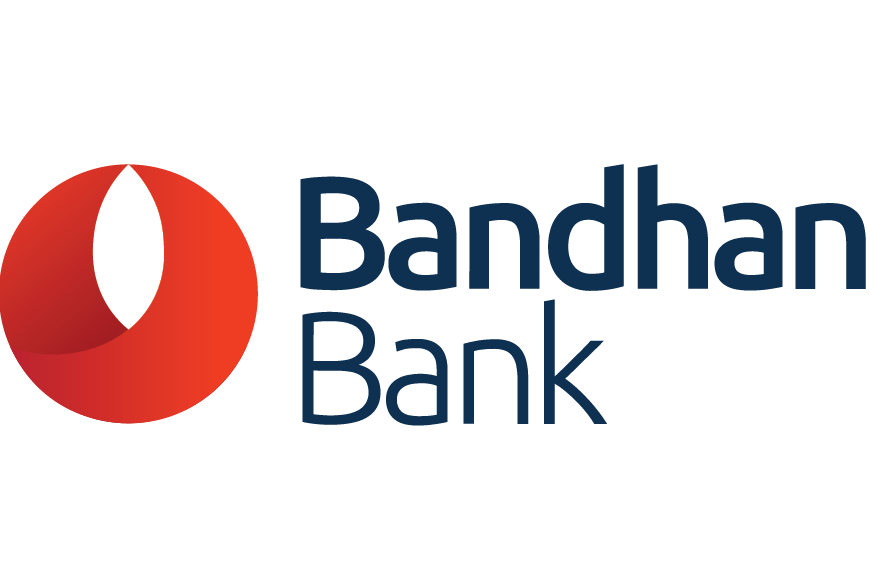
Supported By
